European Trade Commissioner Maros Sefcovic announced on Monday that the EU and the US are preparing to develop a metal alliance aimed at reducing the impact of heavily subsidized Chinese production on global markets.
New quota-based system instead of tariff system
This initiative involves introducing a new quota-based system that would apply minimal or zero tariffs to EU metal producers, replacing the 50% import tariffs on European steel and aluminum imposed during the administration of US President Donald Trump. Although the regulation has not yet been finalized, it is considered a significant change in transatlantic trade cooperation.
Sefcovic: “A common protective wall is being built”
Sefcovic stated that both sides face similar challenges in protecting their domestic metal industries from pressure caused by China's overcapacity. In his statement on the matter, he noted, “The agreement presents a clear opportunity for joint action, which I would like to call a metal alliance, on steel, aluminum, copper, and their derivatives.” He also added, “Through customs duty quotas and preferential treatment at historic levels, we are effectively creating a common protective wall around our economies.”
Trump: “We are not each other's problem”
Donald Trump also stated in his assessment that the EU and the US are on the same page on this issue. “It has become very clear that we are not each other's problem when it comes to steel and metals,” he stated.
Scrap metal supply on the agenda
The European side raised the issue of imbalances in domestic supply chains due to the US importing more scrap metal from the EU in recent years. Scrap metal is considered an important resource in steel and aluminum production due to its lower cost and environmental efficiency.
A broader move against global industrial policies
This planned cooperation is seen as part of broader efforts by Western economies to limit the impact of China's industrial policies. At the G7 finance ministers' meeting in May, leaders agreed to address “excessive imbalances” in the global economy.
No progress in EU-China relations
Referring to last week's EU-China summit, Sefcovic expressed disappointment with Beijing's trade practices. “Despite the intensive efforts of my colleagues and myself and the long meetings I had with my Chinese counterparts, the list of accumulated problems has not shortened, but rather lengthened,” he said.
Emphasis on overcapacity and subsidization
Sefcovic stated, “The problem is clearly overcapacity. This problem is linked to what we perceive as illegal subsidizations,” and noted that Europe has shown a determination to coordinate more closely with the US to tackle this challenge.


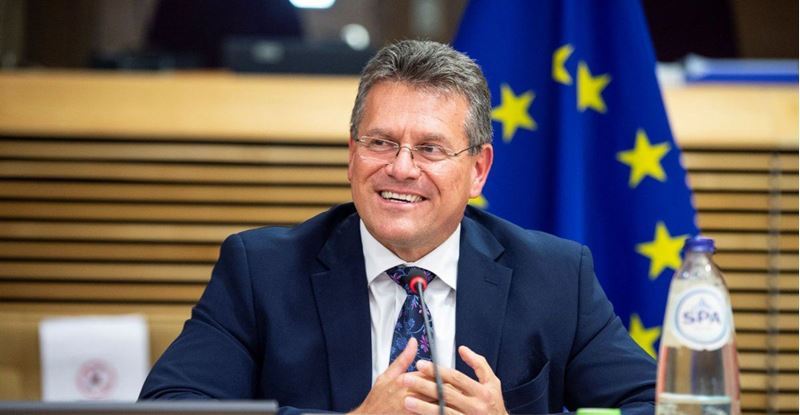
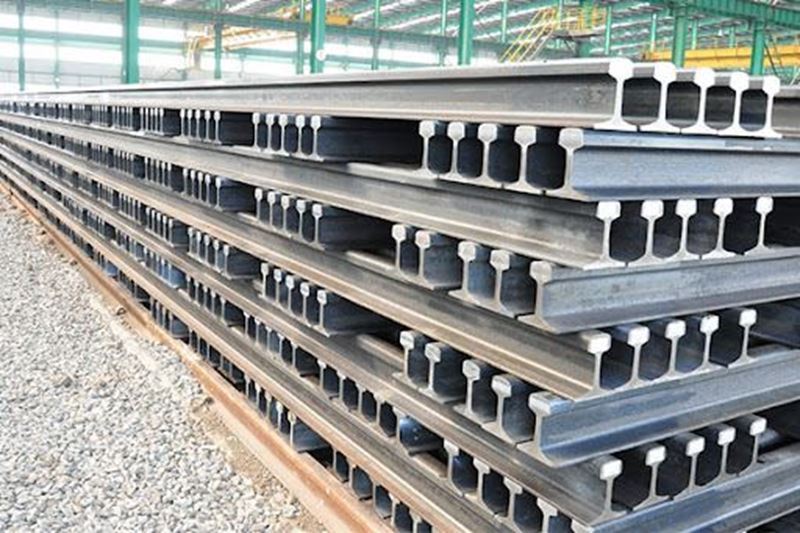
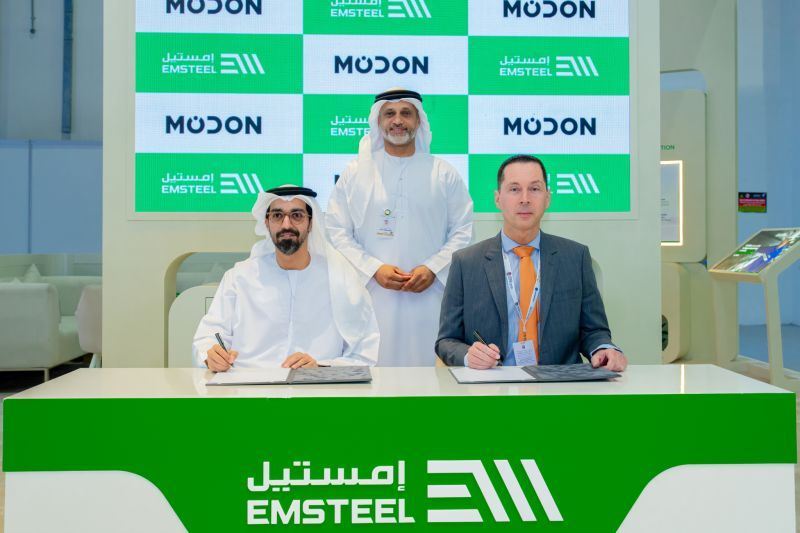

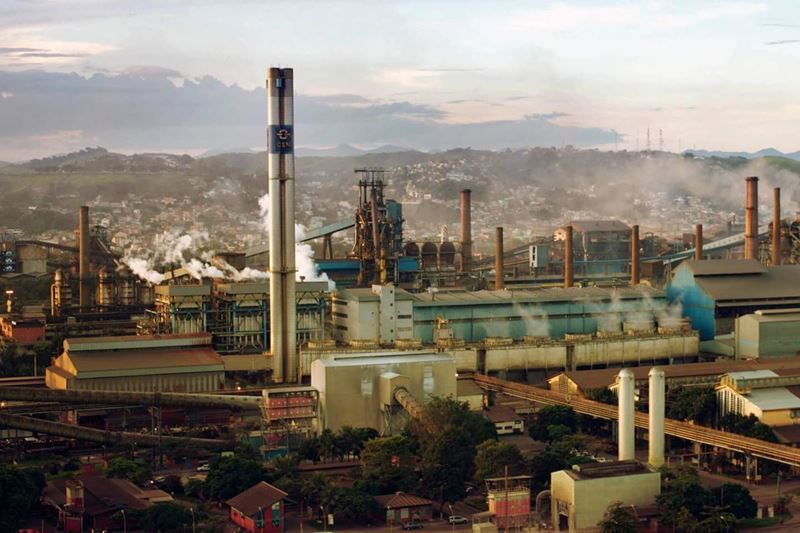
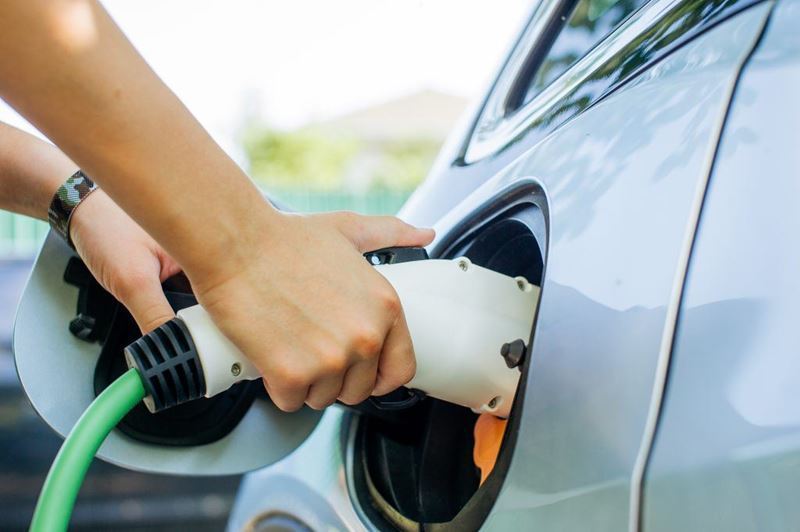


Comments
No comment yet.